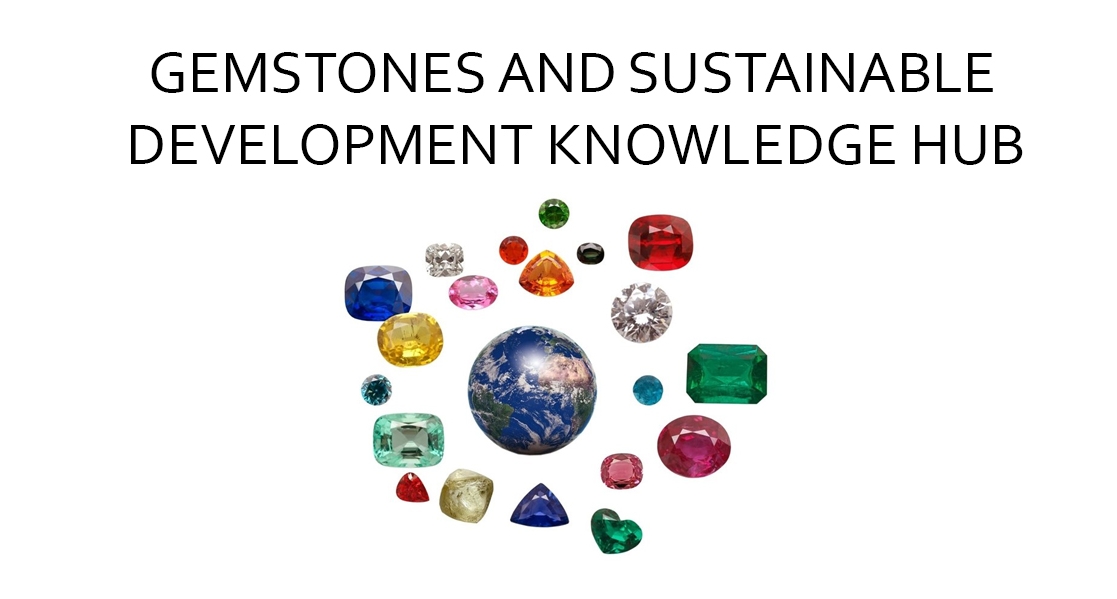by Florence Apollo, Amina Ndinya, Maurice Ogada, and Benard Rop
Abstract
Artisanal mining employs many people across the globe. In Kenya, it provides vocational jobs which represent the livelihood of poor communities. In spite of the economic value that could be attached to the artisanal mining activities in Taita Taveta County, these activities have resulted in environmental degradation; thus, calling for necessary interventions. It is for this reason that this study intends to examine effective strategies that could be adopted to reduce environmental degradation in the county as a result of artisan mining. The key objective therefore is to test the feasibility and acceptability of community participation, partnerships, modern technology and quarry management strategies on the reduction of environmental degradation by artisan miners in Taita Taveta County. A descriptive case study research design was adopted, and the target population for the study was 451 registered artisan miners and 13 environmental bodies operating in the area. A simple random sampling technique was used to draw a sample of 218 artisan miners and 13 environmental body heads. Questionnaires were the main tool for data collection from which a response rate of 95% was achieved. The study deduced that community participation, partnerships, modern technology adoption and quarry management strategies, are key influences on the reduction of environmental degradation in the artisanal mining sector if adopted, going based on the high level of agreement and the reasoning exhibited among the artisan miners in the findings. The following policies may be inferred from the study: to set a framework to enable the community to participate in environmental conservation, to enhance partnerships between NGOs, CBOs, the Government and Universities within artisan mining areas, to introduce Government subsidies for modern technology for affordability and to introduce a framework for quarry management.

